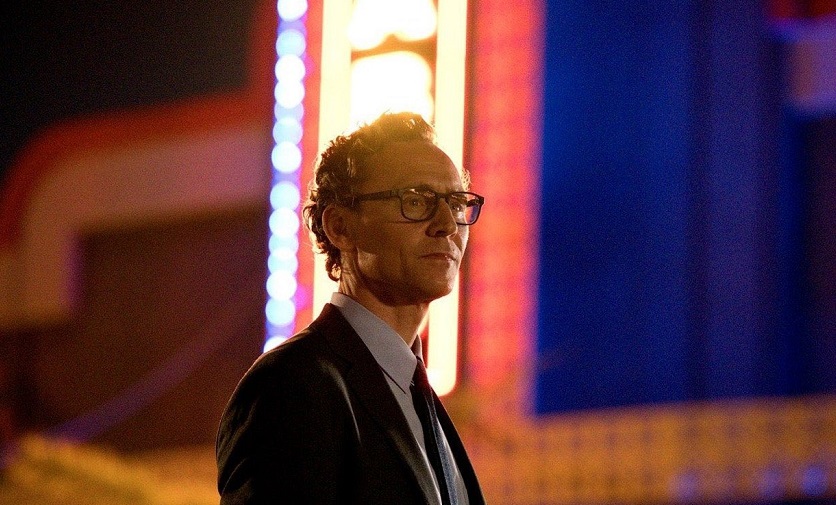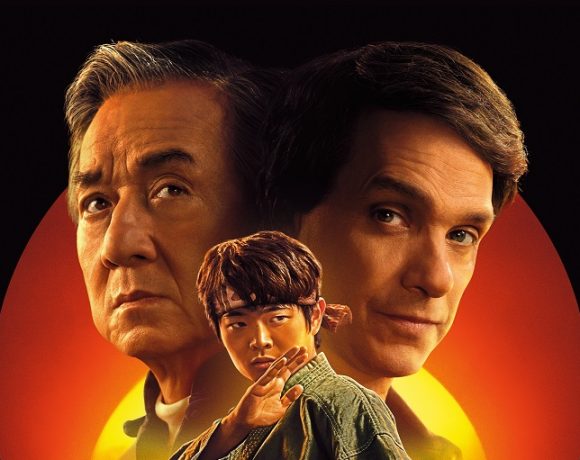
The Life of Chuck Movie Review: A Quiet Thunderstorm of Emotion
The Life of Chuck is not a film that shouts its presence. It arrives softly, lingers deeply, and leaves behind a strange warmth—like the echo of a childhood memory you didn’t realize still lived in you. Directed by Mike Flanagan and adapted from a Stephen King novella, the film is a soulful meditation on death, life, and everything small and beautiful in between. It is not meant to thrill or terrify. It is meant to hold your hand in silence and ask you, “What did it all mean?”
Told in reverse, the film begins with the world falling apart as Chuck dies. But instead of focusing on the death, the story gently peels back the layers of his life, revealing a man not extraordinary in fame or power, but quietly monumental in the way he lived, laughed, and touched others. Each chapter of the film steps further back in time—moving from surreal, near-apocalyptic visuals to the intimate texture of a young boy dancing in the rain. This format won’t work for everyone. It requires patience. But if you give it the time, it rewards you with rare emotional clarity.
Tom Hiddleston delivers a quietly devastating performance. He never overwhelms you; instead, he simply lives as Chuck—a man full of inner peace, regrets, and quiet joys. The supporting cast complements this approach, never demanding the spotlight, always letting the story breathe through quiet interactions. This isn’t a film of grand monologues or epic plot twists. It’s about the glance between siblings, the dance in the kitchen, the sudden silence in a hospital hallway. It’s about the unremarkable moments that, in hindsight, shape the very soul of a life.
The direction is tender. Flanagan avoids spectacle and lets emotion do the heavy lifting. There’s a dreamlike texture to the film—like you’re drifting through someone’s memory rather than watching a conventional narrative unfold. Some may find this frustrating or slow. But for those who have loved and lost, who have asked life’s bigger questions, the film speaks softly to that ache we all carry.
What stands out is how the film never tries to moralize. It doesn’t tell you how to live or what to believe. It simply presents one life—and asks you to feel its ripple. This could have easily become sentimental fluff, but the restraint in both writing and performance keeps it grounded. It doesn’t manipulate your emotions; it earns them.
Of course, the film has its flaws. The pacing, especially in the middle chapter, may test your attention. The structure, though interesting, risks feeling fragmented. Some scenes stretch longer than necessary, and not every emotional beat lands as cleanly as it could. But these are minor flaws in a film that dares to explore something so often ignored in cinema—the beauty of a quiet life.
The Life of Chuck is not a crowd-pleaser. It’s a soul-pleaser. It’s the kind of film you watch late at night, alone, when you’re ready to feel something honest and unpolished. It won’t change cinema, but it might change how you look at your own story. And sometimes, that’s more than enough.
Rating: ★★★★☆ (4 out of 5)
Why 4? Because while it may not be flawless in structure or pace, it is nearly perfect in intent and heart. It leaves you thinking. It leaves you feeling. And in a world of noise, this film chooses stillness—and that’s a brave, beautiful thing.


















